Indian epics Ramayana and Mahabharata describe the stories that add value to various aspects of life, like business, polity and diplomacy. Examining the Valmiki Ramayana through a diplomatic lens reveals Hanuman to be a standout diplomat. He journeyed to Lanka, carrying Rama’s message, attempting to persuade Ravana to release Sita, showcasing Rama’s army’s strength by burning Lanka, and astutely analysing Vibhishana, a figure Rama strategically used against his adversary. Other diplomats are Angad, who worked as a diplomat between Rama and Ravana, and his mother Tara, who pacified Lakshmana on behalf of Sugriva when the latter forgot his promise.
“Typically, people tend to think of diplomacy just as mediation. But in reality, there is so much more to it, including the ability to read competitors, allies, and the landscape correctly,” S Jaishankar, a former diplomat who is now Minister of External Affairs in the Modi government, writes in his latest Why Bharat Matters. He underlines the importance of diplomats other than just being mediators.
The importance of Why Bharat Matters is two-fold. One, it encourages the debate over the civilisational heritage of India, an emerging economy. Scholars in the West study the Iliad for its diplomatic lessons; many books have been written and popularised worldwide. However, comparatively, less was written in India on this aspect of the epics. Lately, the trend has seen a reversal–and the book is an exceptional addition, along with The India Way, where Jaishankar analysed Mahabharata for diplomacy.
Two, it is rare when a sitting minister articulates the present world and the world-view of his government (albeit diplomatically) and analyses the positions of different players. Jaishankar’s use of the word “Bharat” in the title of the world itself proves the book is a vantage point to look into what the South Block thinks of India and the contemporary world. Bharat, for him, is “indeed an India that is able to define its own interests, articulate its own positions, find its own solutions, and advance its own model.” He articulates the efforts the Modi government- and Modi, personally- undertook to improve India’s international relations.
Quick Reads
View AllThe book is certainly timely as countries are navigating a more uncertain and rapidly changing world. Governments and companies looking for cost-efficient solutions or supply chains now want to de-risk their economic relationship with China, as evidenced by the ‘China plus One’ strategy. The military conflict in Ukraine has made the world focus on food security, and previously, the COVID-19 pandemic renewed the emphasis on health security. India has much more to gain from these situations, as Jaishankar narrates in his work.
However, India has its own set of challenges. India has to domestically prepare the policies and their implementation to leverage the condition in their favour. This is anything but easy in a chaotic democracy. Countries that were in the winning position in 1945 have frozen the moment to their advantage. India has to challenge that world order to become prosperous and break the cycle of poverty. For domestic electoral gains, some countries are engaging in transnational politics, extremism, and online radicalism that threatens India’s sovereignty and unity. India has to keep them in check.
But would these challenges have been easy if India had taken different roads post-freedom? Jaishankar does a counterfactual analysis of Nehru’s foreign policy in the tenth chapter of this book. The ideological positions of Sardar Patel, Minoo Masani and C Rajagopalachari vis-a-vis foreign policy are engaging. This contrast also disproves the notion that the road we took in the Nehruvian age was unimpeachable.
In conclusion, the book articulates the present polity and economy of the world, analyses the implications of the conflicts on nations’ outlook and engagement with others, and documents the Modi government’s foreign policy first-hand. Divided into 11 chapters, the book is pertinent to the contemporary complexities of the world.
The reviewer is an independent columnist who writes on international relations, and socio-political affairs. Views expressed in the above piece are personal and solely that of the author. They do not necessarily reflect Firstpost’s views.
Read all the Latest News, Trending News, Cricket News, Bollywood News,
India News and Entertainment News here. Follow us on Facebook, Twitter and Instagram.


)
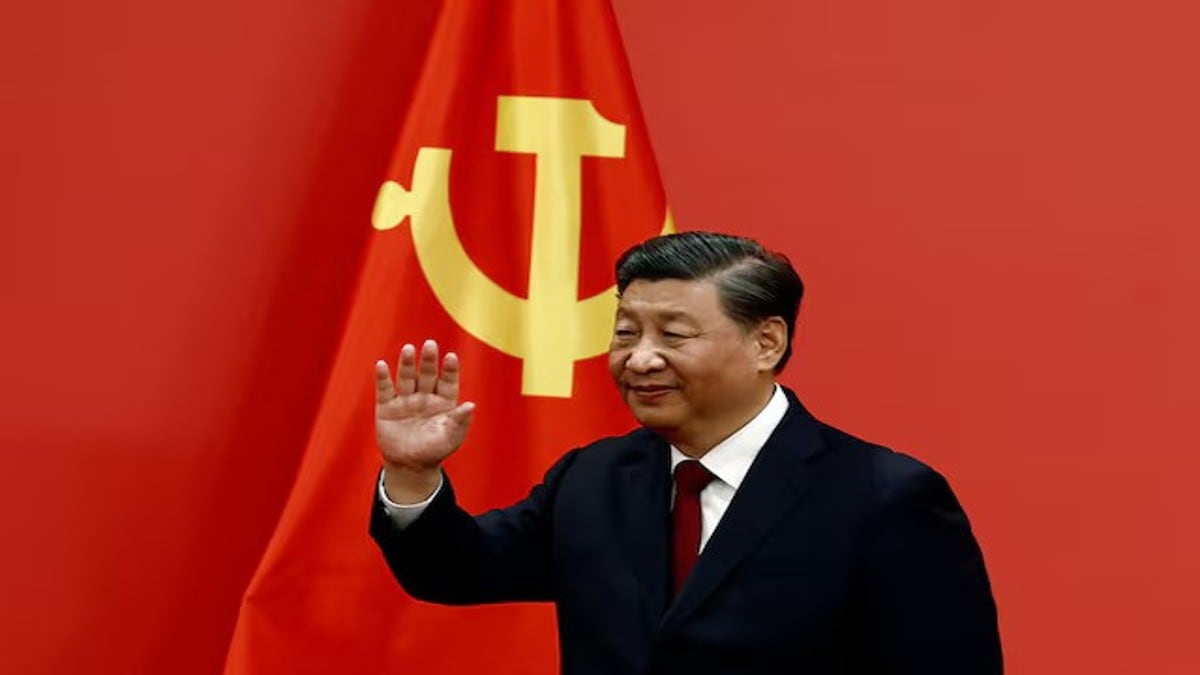
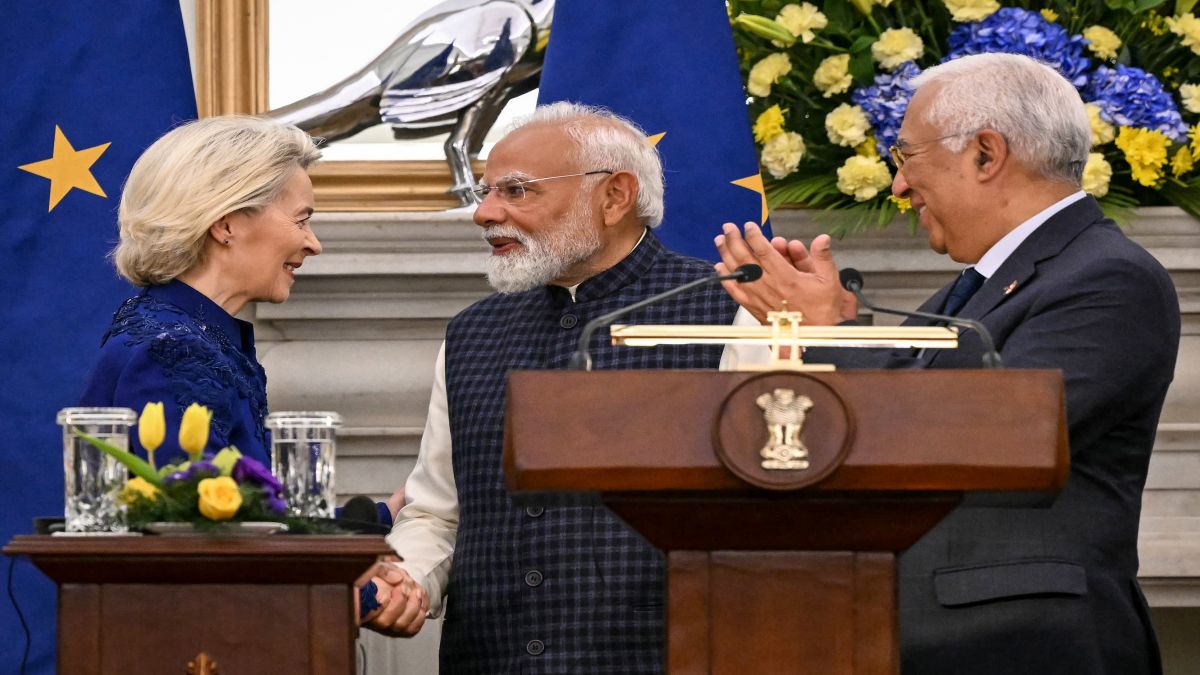)
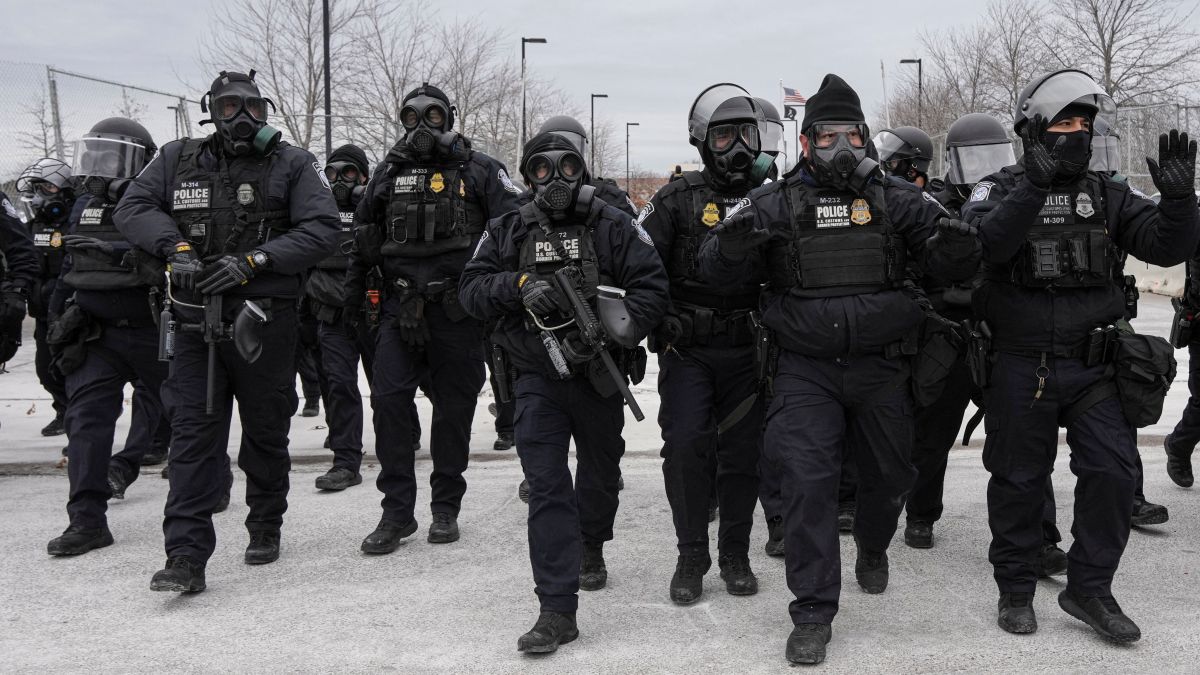)
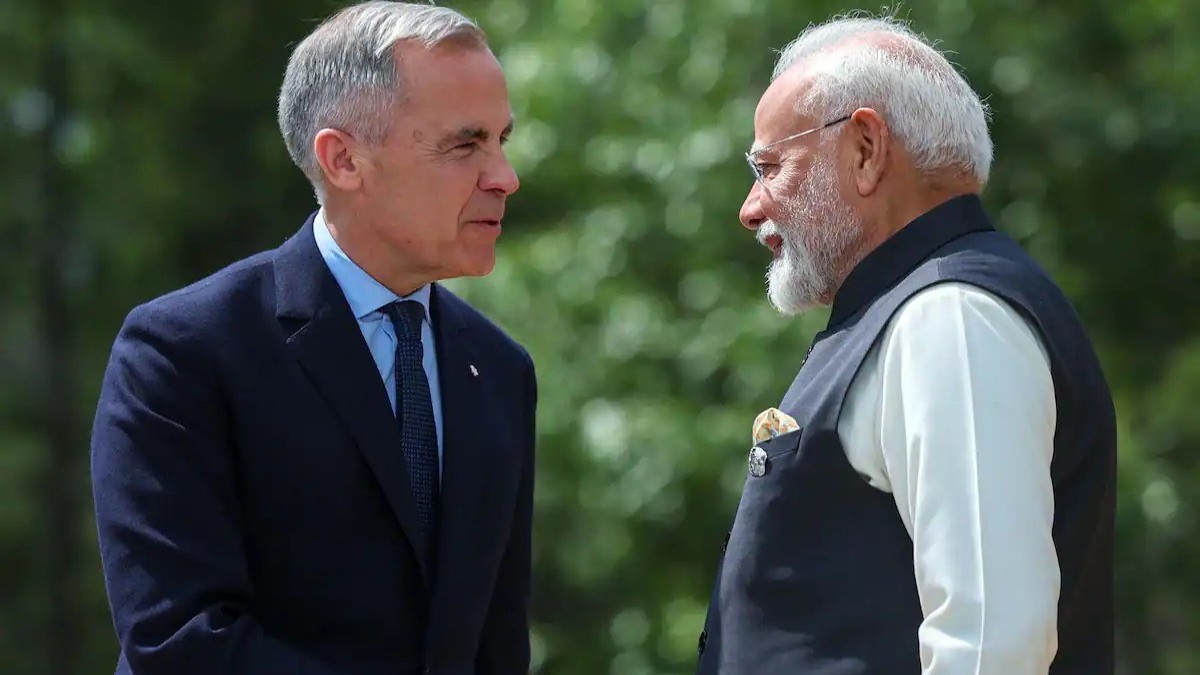)
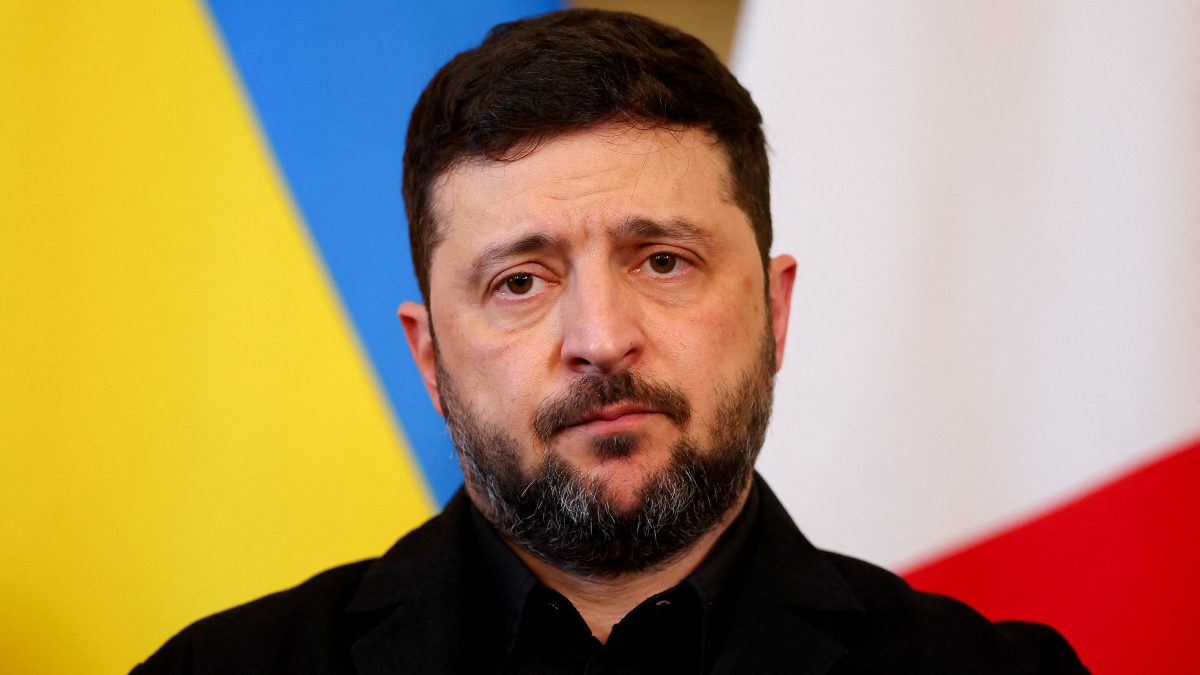)
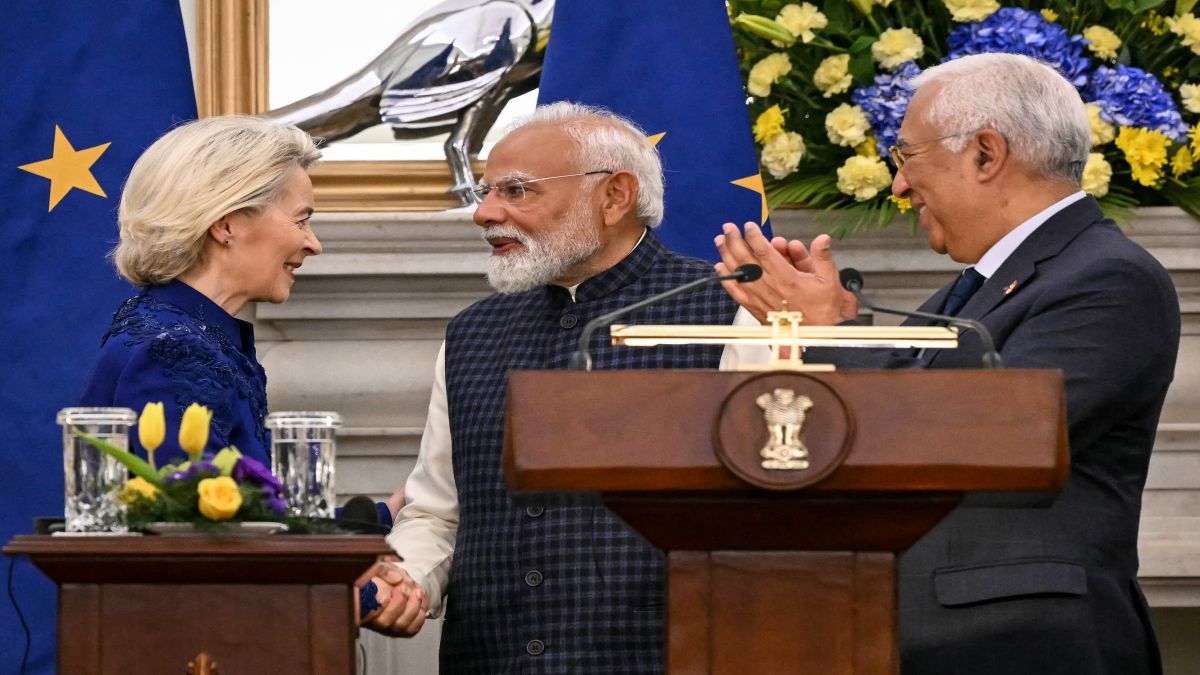)
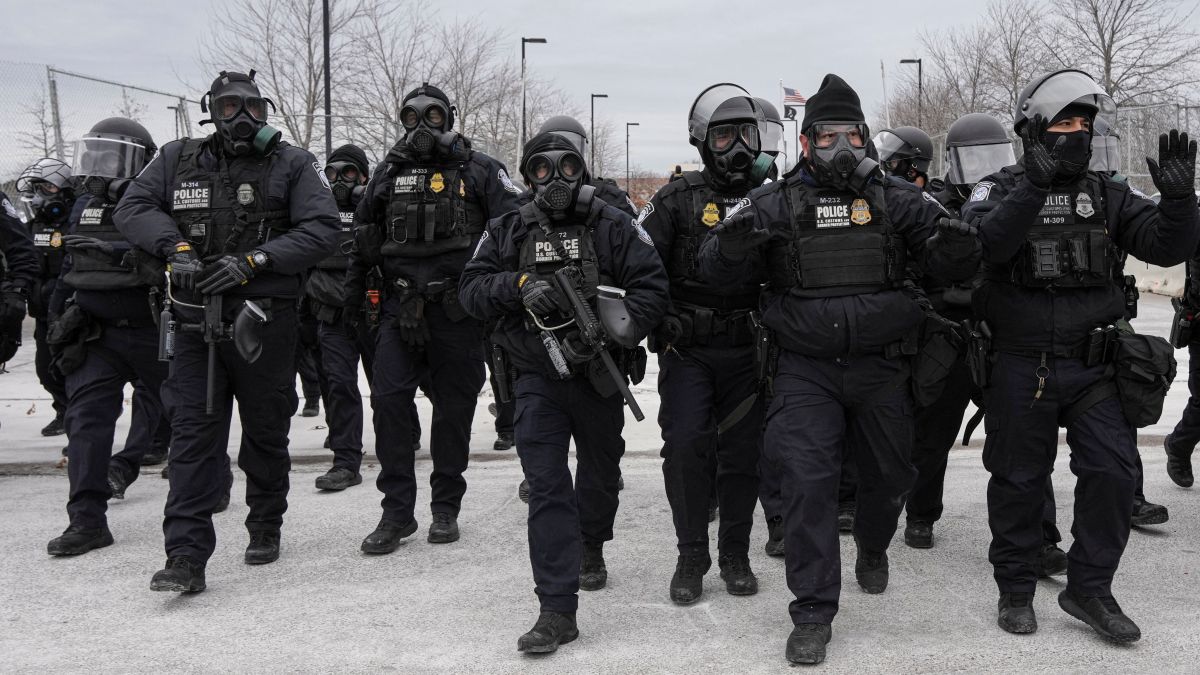)
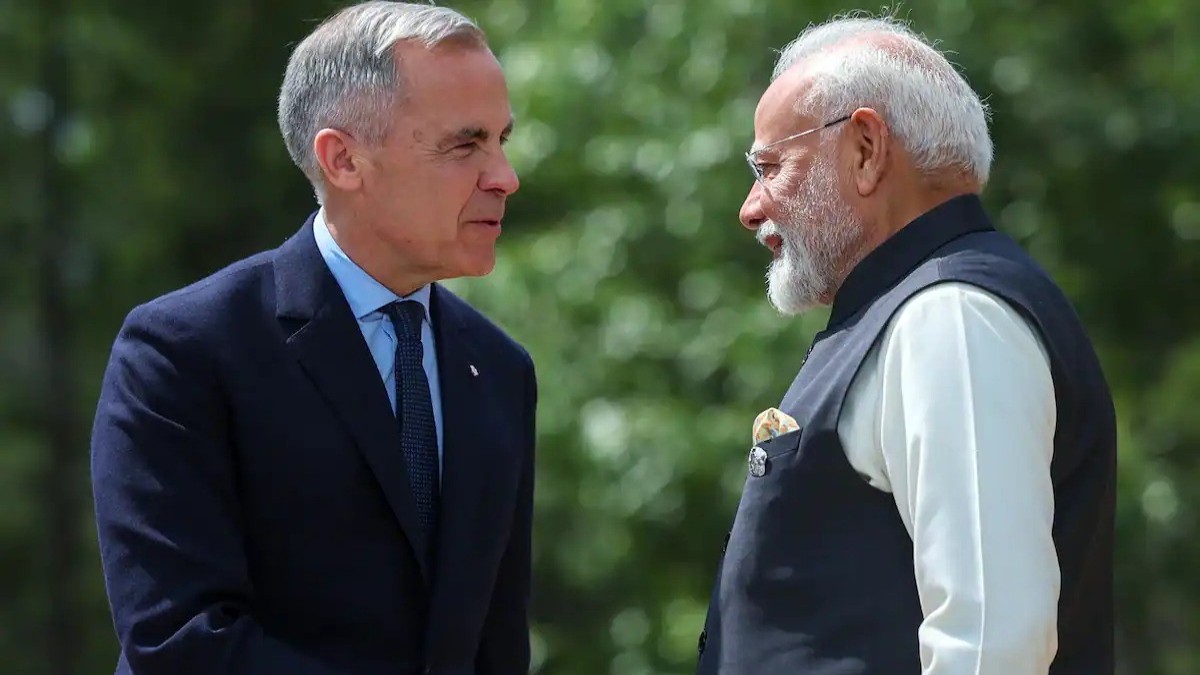)
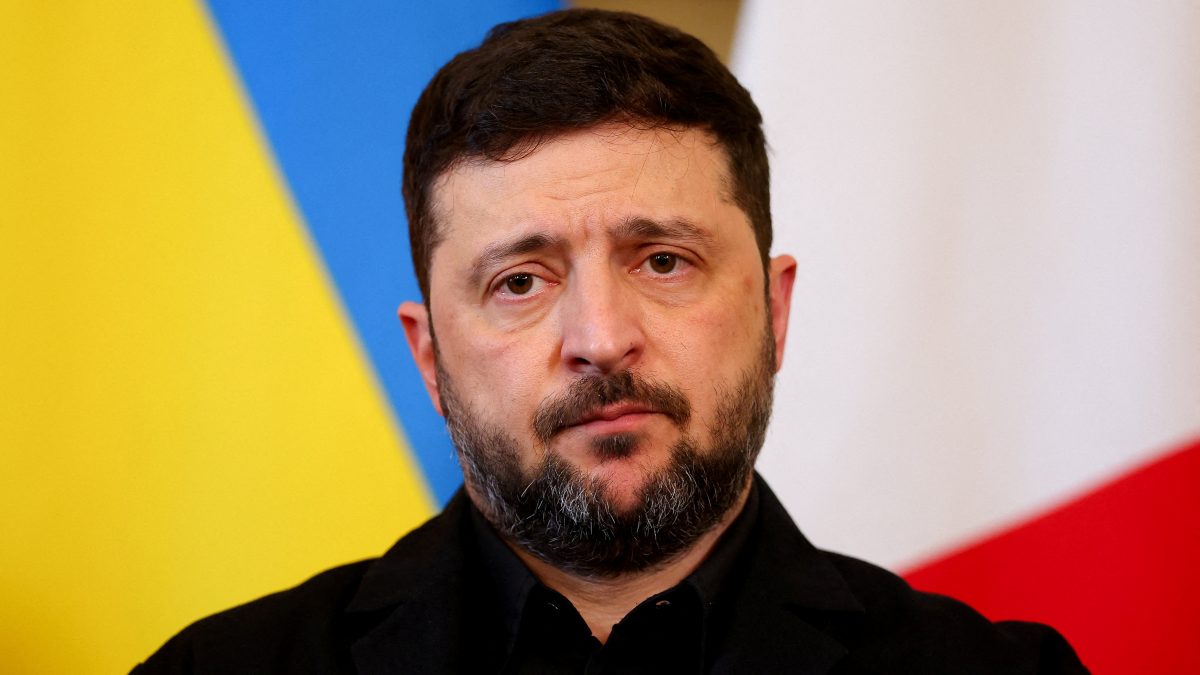)



